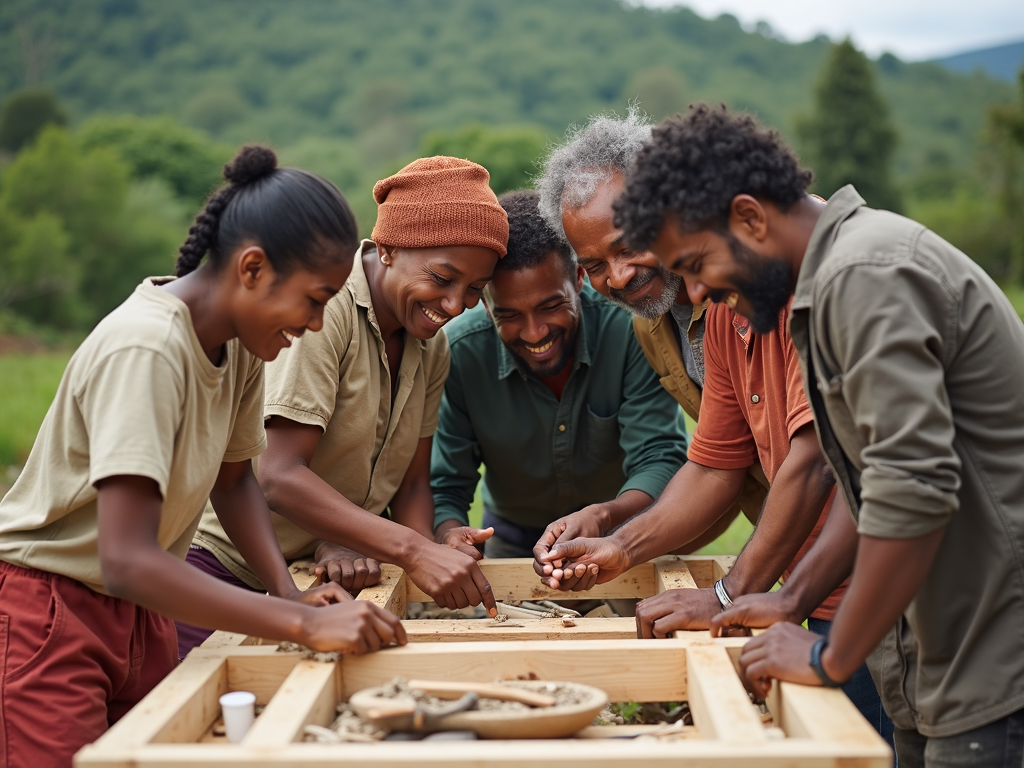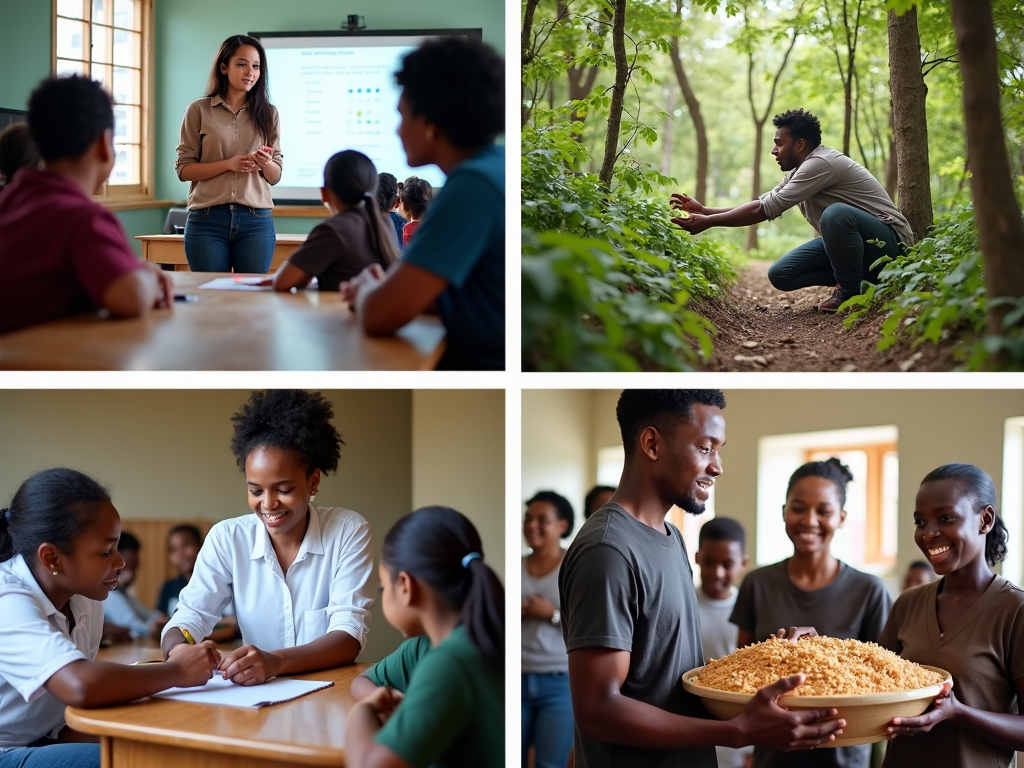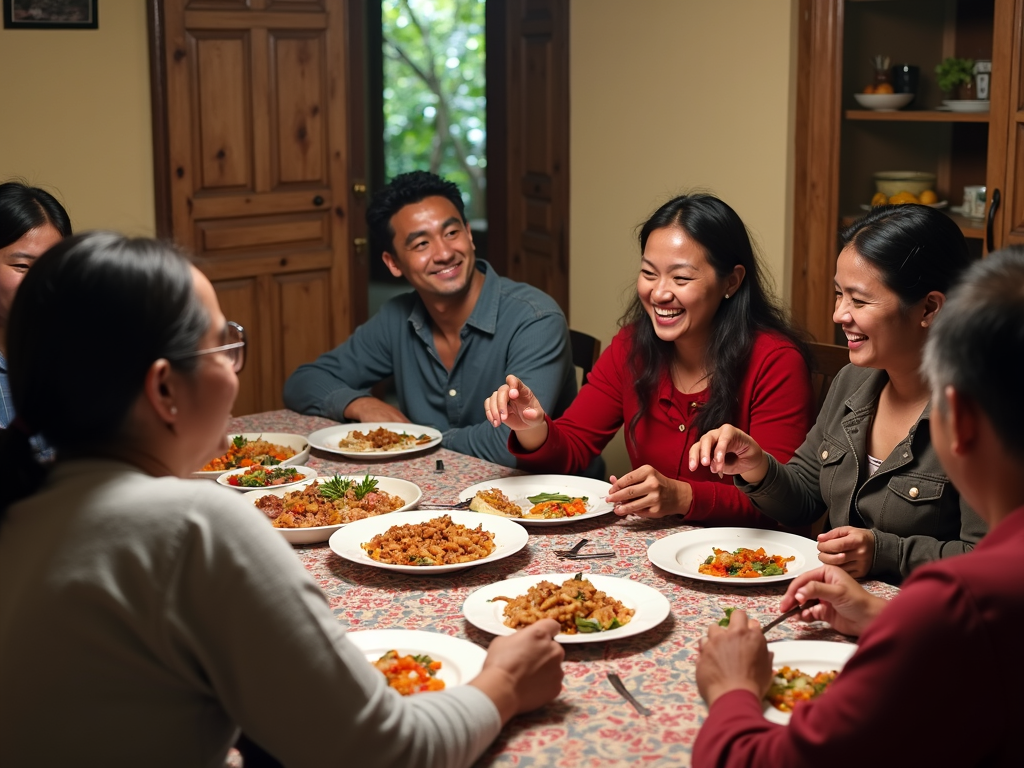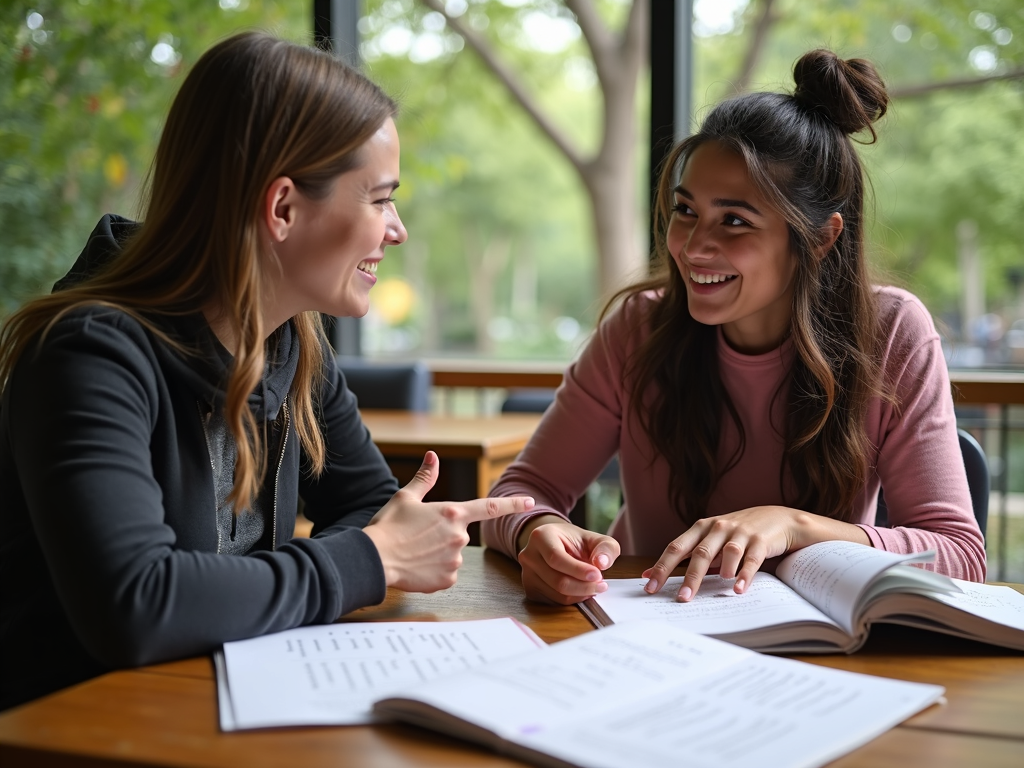How to Make the Most of Your Volunteering Experience
By , June 19, 2025
Overview
Volunteering is a powerful way to give back, learn new skills, and grow as a person. This guide will help you choose the right program, prepare for your journey, make the most of your time, understand the impact on your personal growth, and even learn a new language if you volunteer abroad.

Choosing the Right Volunteering Program
Selecting the right volunteering program is crucial to having a fulfilling experience. Start by thinking about what causes you care about—education, environment, healthcare, or community development. Consider how much time you can commit and whether you want to volunteer locally or abroad.
Research different programs carefully. Look for organizations with clear missions and positive reviews from past volunteers. Platforms like Volunteer Forever can help you compare options. Be wary of programs that charge high fees without explaining how the money is used or those that don’t offer proper support.
Here’s a quick comparison of common volunteering types:
| Program Type | Duration | Location | Skills Required | Impact Area |
|---|---|---|---|---|
| Teaching | 2 weeks - 6 months | Local/International | Teaching, communication | Education |
| Conservation | 1 month - 1 year | International | Physical fitness, environmental knowledge | Environment |
| Healthcare | 3 months - 1 year | International | Medical skills | Health |
| Community Development | 1 week - 3 months | Local | Various | Social welfare |
Remember, the best program aligns with your passions and goals.

Preparing for Your Volunteering Experience
Once you’ve chosen a program, preparation is key. If you’re volunteering abroad, learn about the local culture and customs. Apps like Duolingo can help you pick up basic phrases in the local language. Pack wisely—bring comfortable clothes, a first aid kit, and any required documents.
Set personal goals for your trip. Do you want to improve your language skills, make new friends, or learn a specific skill? Write them down and think about how you’ll achieve them.
For example, Sarah, a college student passionate about conservation, prepared for her trip to Costa Rica by learning Spanish phrases and researching the local ecosystem. This helped her connect with locals and make a bigger impact.

Making the Most of Your Time as a Volunteer
When you arrive, be open to new experiences. Volunteering can be challenging, but it’s also incredibly rewarding. Build relationships with fellow volunteers and locals—they can teach you a lot. Don’t be afraid to take initiative. If you see a need, offer your skills to help.
Take time to reflect on your experiences. Keep a journal or blog to document your journey. This will help you process what you’re learning and remember the impact you’re making.
Sarah, for instance, volunteered to lead a tree-planting workshop, which not only helped the community but also boosted her confidence and leadership skills.

The Impact of Volunteering on Personal Growth
Volunteering can change you in amazing ways. It helps you develop empathy by exposing you to different cultures and challenges. You’ll improve your communication and teamwork skills as you work with diverse groups. Plus, it gives you a sense of purpose and accomplishment.
According to a study from Harvard University, volunteering can reduce stress and increase happiness. It’s also a great way to enhance your resume and build a professional network.
For Sarah, volunteering in Costa Rica not only helped her grow personally but also shaped her career path in environmental science.

Volunteering Abroad and Learning a Language
If you’re volunteering abroad, it’s a perfect opportunity to learn a new language. Choose a program that offers language classes or immersion experiences. Practice with locals whenever you can—don’t be shy about making mistakes.
Use resources like:
- Duolingo: Free app for basic phrases.
- Rosetta Stone: Comprehensive courses.
- Tandem: Connect with native speakers.
Sarah improved her Spanish by chatting with locals during meals and even taught them some English in return. This cultural exchange made her experience richer.

Summary
Volunteering is a powerful way to make a difference and grow personally. By choosing the right program, preparing adequately, and immersing yourself in the experience, you can maximize your impact and learn valuable skills. Whether you volunteer locally or abroad, the journey will be rewarding. Start planning your volunteering adventure today!